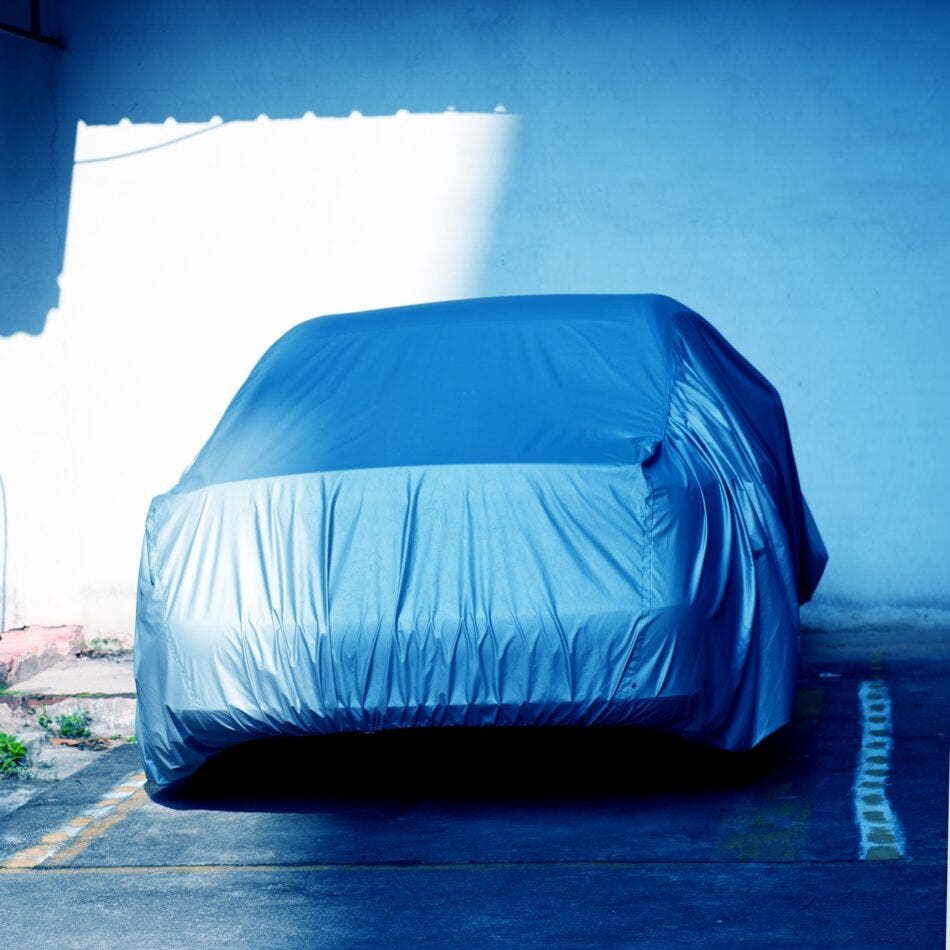There are a number of reasons why cancelling a car insurance policy makes sense. For instance, you could be selling your car or taking your car off the streets because you’re planning to rebuild your engine block over the winter. Other people cancel an insurance policy because they are moving others do it when they go through a major life event such as divorce and still others end up cancelling their car insurance simply because they are no longer satisfied with their current insurance provider. While there are a number of different reasons to cancel the insurance on your vehicle you should realize that this can impact your insurance rates in the future.
Most insurance companies determine your car insurance premium based on a number of factors including the fact that they can expect your business for the length of the policy—typically 12 months. By cancelling your policy before the end of the term you’ve failed to the terms of the contract you’ve agreed to. This is why cancelling your car insurance policy may impact your rates if done frequently.
What if you’re forced to cancel?
Your car insurance may be cancelled by your provider for a few reasons:
- Missing payments.
- The insurance company is withdrawing from a region or from offering car insurance.
- You have violated the insurance contract in some way (misrepresentation, failure to disclose or something similar).
Being cancelled by an insurance company can be worse than cancelling your own policy, particularly if you’re cancelled due to missing payments or violating the insurance contract. It can give you a ‘black mark’ and make it harder to get insured or increase your rates.
For all drivers, avoiding cancellation is the best policy. As soon as you receive notice of a missed payment pay it. If you are having trouble paying your bills talk to your broker or insurance provider, as there may be options for financing, payment plans, or other options to reduce your insurance bill to help you avoid missing a payment.
In most cases, a missed payment will cost you only a late fee as long as you pay it right away. Even if you decide to change insurance providers remember that you will still have to pay the time you were covered by your existing policy. Also if you have been cancelled for non-payment you can usually be reinstated by paying what you owe within the 15 days allowed.
So now that you have a cancelled policy on your record what should you do? That answer is: always be truthful. When a new insurance company asks why your policy was cancelled and any other questions relating to your past driving records give honest answers. Yes a cancelled policy may impact your rates but by being dishonest you run the risk of being caught without insurance. This could be a result of a delay in processing your policy—potentially leaving you without coverage—or it could mean the cancellation of your new policy.
Impact when you cancel a policy
But what about those of us that decide to sell our car? How does a cancelled car insurance policy impact us in the future? Are we treated the same as those drivers who have had policies cancelled by their insurance companies? Not usually.
Insurance companies are realistic; they realize that life events happen. People move. Financial circumstances change. People buy new cars and sell old cars or simply decide to take transit. As long as you don’t have a history of always cancelling your car insurance policies early and as long as you have no lapses in coverage there should be little to no impact on your future rates.
But that’s the problem. If you’re cancelling your policy because you don’t intend to drive that could mean you are without any type of coverage for a period of time—and that’s a problem. Insurance companies like to see consistent insurance coverage and reward it with lower rates. It is assumed if you’re not insured, you’re not driving and your skills may have slipped – rusty or inexperienced drivers are more likely to have accidents.
You may want to be added as an occasional driver to a partner’s or parent’s car insurance policy – always a good idea if you drive their vehicle at all. Plus, you’ll have the benefit of maintaining consistent insurance coverage and having an insurance history.

